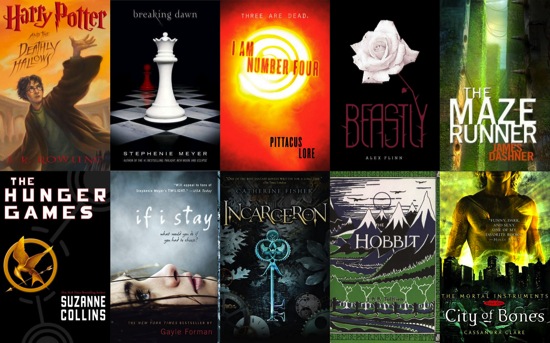I call it the Repository of Awesome. It's essentially a document you keep (on MSWord, GoogleDocs, &c.) where you dump all the cool ideas you get. For me personally, I have a section for concepts (philosophical points), lines to use, settings, characters, points of action/conflict, and a miscellaneous category. I have a general document that can be harvested from for all my books, and I have book-specific documents. For example, in the repository for The Oneironauts, I have a list of forms for the Consortium Oneirautis. That was important for that specific book, but not really useful in my other works.
Show Me How It's Done
Where do you look for sources for this Repository of Awesome? Basically everywhere. Movies, books, sites you visit, people you interact with. You liked the idea of a clandestine magical institution from Harry Potter? Great, write it down. You liked the excavation labor camp from Holes? Write it down. Thought the idea of humans interacting with a pantheon of gods from Percy Jackson was cool? Put it on the list. How about the sudden death survival tournament from Hunger Games? Note it.
Source: Dead Darlings
See? I literally churned out those two paragraphs of ideas and then plot in less than 8 minutes. I'm not saying it's the best plot ever invented, but it's entirely different from the four sources I drew upon and slightly catchy. I promise that you can create amazing plots by amassing all your awesome ideas and combining them. Remember that good conflict is going to be the most crucial part of your plot. I would give you some examples from my own writing, but it's not published yet, so I'll wait.
I would also like to point out that if you have an okay plot already but you don't think it's up to snuff, treat it as an extended idea. Then take other ideas from your Repository and layer them together.
Your ideas are mostly just seeds and will flourish as you actually write the book. I had the original idea of "shared dreaming school" and it evolved immensely over the time that I wrote The Oneironauts. Another thought that I had was "what if one of the characters was in a coma?" Obviously that specifically applies to the dreaming books and isn't so much a general idea, but it ended up becoming an entire subplot in my book. I hope you can do the same.

